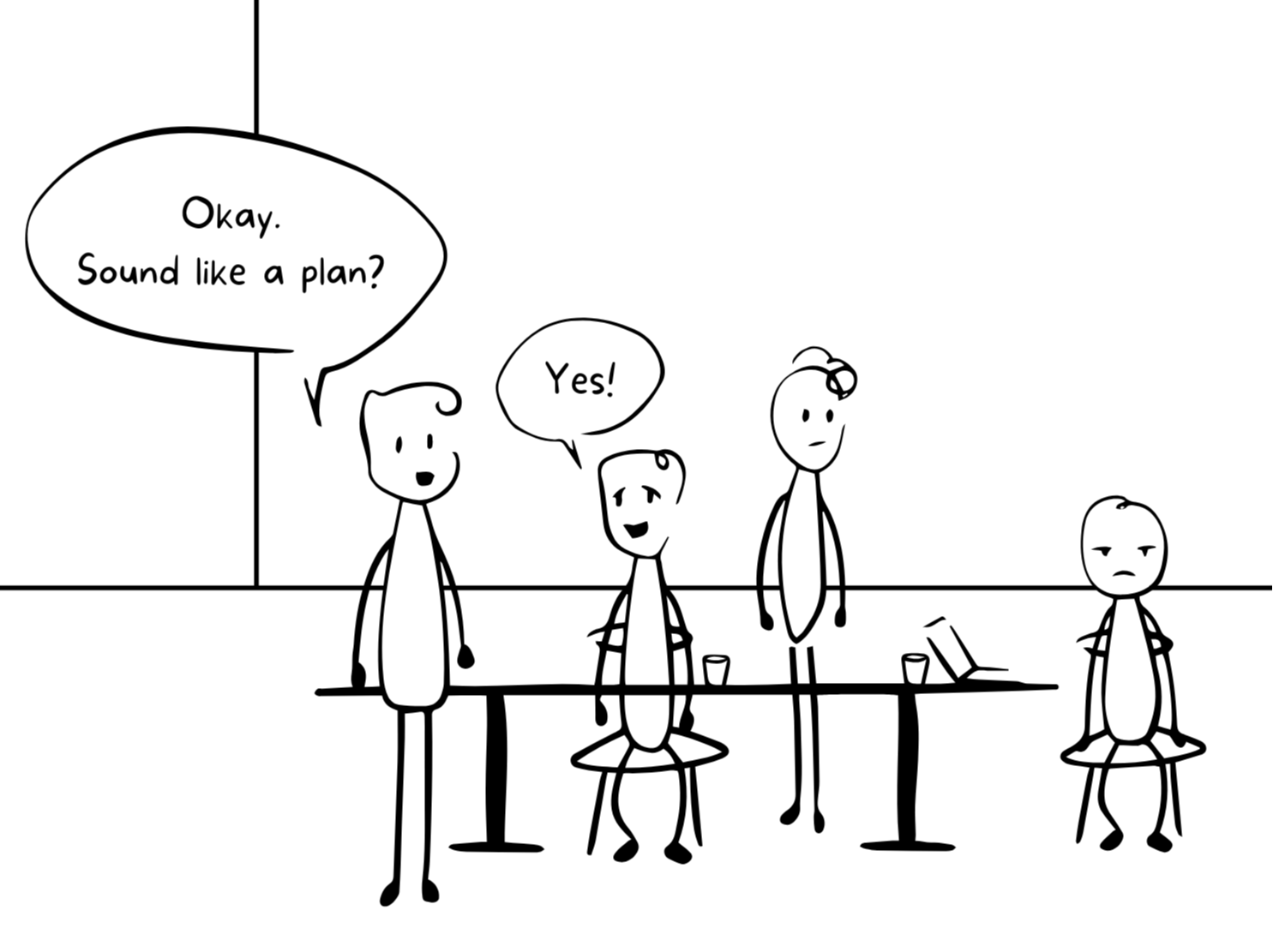The Silent Barrier You Might Be Missing - Mindshift Moments

The Moment:
Earlier today, you were in a meeting where a decision came together pretty quickly. But you noticed Shelly across the table looking visibly upset as it wrapped up. Afterward, as you walked back to your office, you asked another colleague if she’d noticed Shelly’s reaction too. She did, but neither of you were sure why. Soon, you’re caught up in other tasks and forgot about it—until now.
The Mindshift:
Unspoken reactions have a way of building walls. Each missed moment with Shelly (or a colleague, direct report, or manager) is a missed opportunity to strengthen trust, share insights, and build a more cohesive team. Think about it: if Shelly’s reaction was strong enough to notice, then something went unsaid. Ignoring it now won’t just affect your relationship with her, but will likely impact the team’s progress. It’s these “small things” that can quietly compound over time, slowing down communication, eroding trust and engagement, and turning into hidden barriers.
What’s really at stake here?
Imagine how much time, productivity, and mental energy are lost over the course of a year because of unspoken misunderstandings, unchecked assumptions, or unresolved feelings. It’s more than just a bunch of missed opportunities—it's a silent thief of time, energy, and innovation. By allowing these reactions to fester unaddressed, you’re potentially putting trust, collaboration, and future projects at risk.
Let’s be clear: this isn’t about just “resolving an issue” with Shelly. This is about making a habit of connection and clarity that strengthens trust and keeps your team operating at its best.
The Strategies:
Here are three proactive steps to transform these moments and elevate your team’s psychological safety and trust:
Practice “Immediate Curiosity”:
If you notice something seems off, don’t wait. Address it early - ideally within the conversation, but at least within the day. A simple, open-ended question in the moment, such as: “Shelly, what’s popping up for you right now?” or later that day: “Shelly, I noticed your reaction during the meeting—are you open to sharing what was on your mind?” These questions create space for her perspective and build trust.
Be a Leader Who Listens, Not Fixes:
When you ask Shelly what’s going on, resist the urge to solve or smooth over her feelings. Your job in these moments is to listen deeply. You might say, “What I’m hearing you say is…” or “Thank you for sharing that.” Reflecting her words back confirms that you’re listening and validates her experience—without agreeing or disagreeing.
Model and Expect Follow-Through Conversations:
Make it a team standard to address reactions openly. Create a culture where people’s experiences and perspectives are welcome. This creates the kind of trust and psychological safety that leads to collaboration, innovation, and transformation.
By paying attention to these seemingly “small things” and addressing them directly, you’re not just preventing minor setbacks in your relationships—you’re fostering a culture of trust and openness that strengthens every interaction and, ultimately, every outcome.
Implement these strategies and notice the impact this has on your relationships. Then keep practicing; over time, you should see a ripple effect that helps your team operate at its very best.
